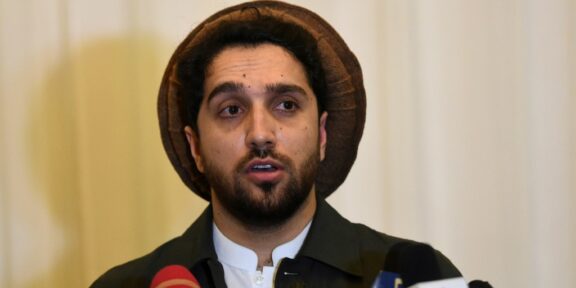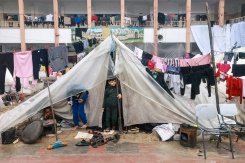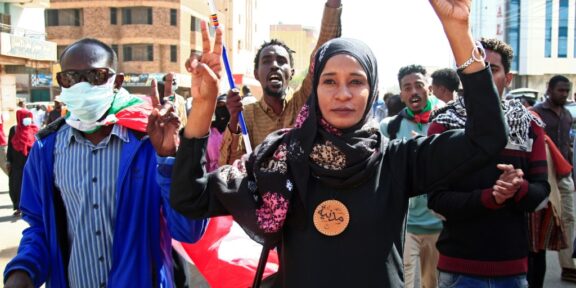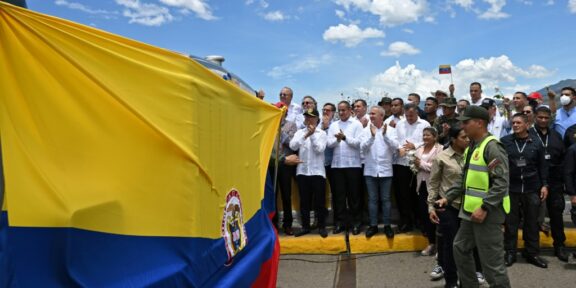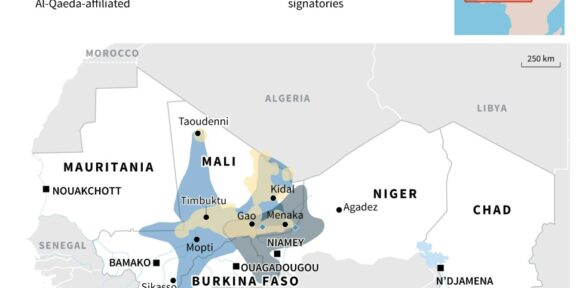Cuba published on Tuesday its first cybersecurity law, a move critics dismissed as a tool to limit political and civic freedoms on the Caribbean island.
The law, published in the official Gaceta newspaper, comes just over a month after unprecedented anti-government protests broke out all over the country.
The subsequent government crackdown left one dead, dozens injured and hundreds arrested. Havana blamed the unrest on foreign powers manipulating its citizens through social media.
The legislation laid out online activities that constitute a crime, such as cyberterrorism, cyberwar, calls for public disturbances as well as spreading information that is deemed to be false or hurts the image of the state.
“For the first time, the country will have a legal standard for cybersecurity incidents,” Pablo Dominguez, the cybersecurity director at the Communications Ministry, told the official Cubadebate news website.
Deputy Minister of Communications Wilfredo Gonzalez defended the law, telling AFP it would allow Cubans to “protect their personal data” and “their privacy,” and make sure that “no one is able to distort the truth, so that no one can denigrate an official of our country or our revolutionary process.”
Jose Miguel Vivanco, the Americas director at Human Rights Watch, said the law would enable internet providers to cut off access based on the government’s interpretation of fake news. “Cuba tightens the grip on the internet,” he said.
The news provoked an immediate reaction from Cubans on social media.
“We have the right to disagree and express it,” said user @SailydeAmarillo.
“Cuba is a dictatorship and is criminalizing freedom of expression,” tweeted Karly, a Cuban living in Costa Rica.
Mobile internet, which only arrived in Cuba in 2018, has quickly become crucial to citizen groups that want to express their frustrations and demands.
Last week, the government accused the United States of “aggression” after the US Senate adopted an amendment that would see Washington provide Cubans with internet access to help them circumvent Havana censorship.
“We are not going to allow that interference,” Gonzalez said of the new US policy.
Following the July 11 protests, the Cuban government cut internet access for five days after social media was used to spread the word about the historic demonstrations.
rd/lp/caw/qan


